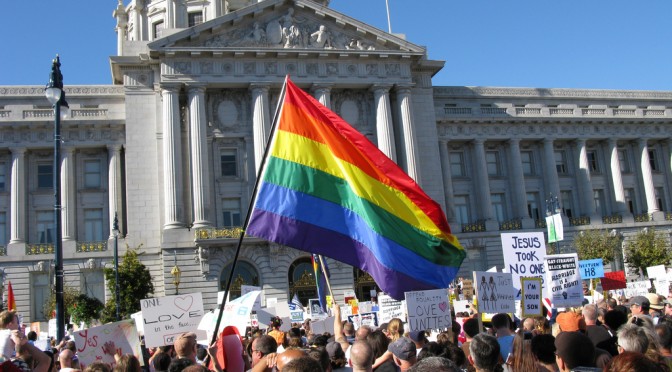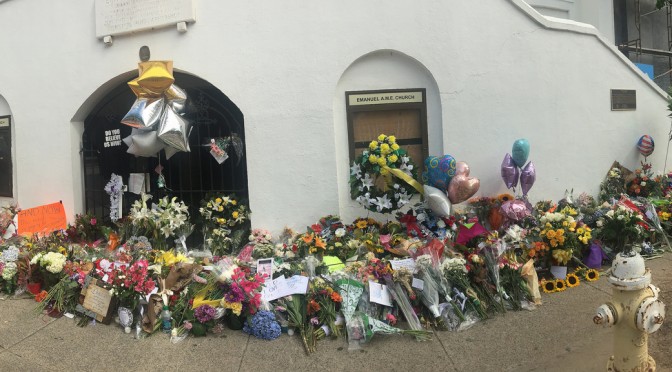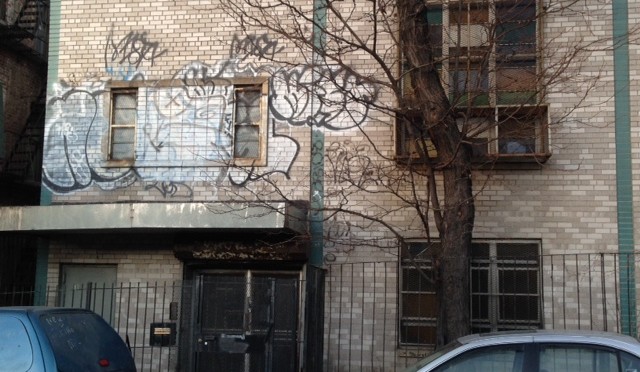Murphy Prof. Michael Fortner’s new book Black Silent Majority: the Rockefeller Drug Laws and the Politics of Punishment has taken the media world by storm, garnering press from publications, radio and television. In addition to coverage in the New Yorker and Chronicle of Higher Ed, the book has been featured in the NYTimes and New York Magazine and on Brian Lehrer.
From Fortner’s own op-ed in the New York Times last week, The Real Roots of 70’s Drug Laws:
Today’s disastrously punitive criminal justice system is actually rooted in the postwar social and economic demise of urban black communities. It is, in part, the unintended consequence of African-Americans’ own hard-fought battle against the crime and violence inside their own communities. To ignore that history is to disregard the agency of black people and minimize their grievances, and to risk making the same mistake again.






